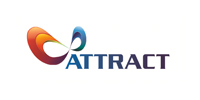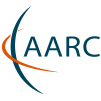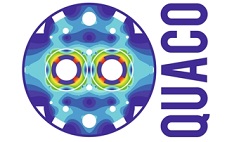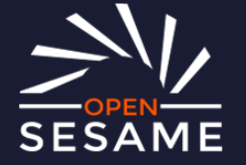|
ATTRACT: breAkThrough innovaTion pRogrAmme for a pan-European Detection and Imaging eCosysTem
The ATTRACT Phase-1 project proposes a new collaboration paradigm aligned with the ‘Open Science, Open Innovation and Open to the World’ philosophy. Its objective is the identification and initial development of breakthrough detection and imaging technology concepts for expanding fundamental research frontiers and suitable for future industrial upscaling for novel applications and business. It promotes the involvement of national and pan-European Research Infrastructures and their associated research communities, industrial organizations (especially SMEs) and innovation and business specialists. It proposes a co-innovation approach in which scientific and industrial communities jointly pursue and generate breakthrough concepts in close and equal partnership. The project implementation starts with the launch of an Open Call by the project consortium for €18 million of financial support to Third-Parties. The proposals received will be peer-reviewed by an Independent R&D&I Committee of top experts in the field of detection and imaging technologies. After this process 180 breakthrough technology concepts will receive €100,000 of seed funding each (“lump sum”) to develop the concepts further during one year. The funded projects will then present their results in a Final Assessment Conference in Brussels. The ATTRACT Phase-1 consortium members will provide business assessments to the funded project teams to enhance awareness of future commercial applications. Furthermore, two pilots based on design thinking methodologies will be run for/ with interdisciplinary master level students, aimed at discovering and generating social value applications inspired by the technologies of the funded projects. The ATTRACT Phase-1 project consortium comprises top partners capable of catalysing a large variety of key stakeholders towards a future unique European innovation ecosystem.
|
Coordinator: CERN, Switzerland
Scientist in Charge from CERN:
Pablo Garcia Tello
Full costs of the project: 20 M€
(18 M€ are for Third Party Funding)
EU funding: 20 M€
EU funding for CERN: 877 K€
(not counting 18 M€ funding to Third Parties)
1 August 2018- 31 December 2020

|



